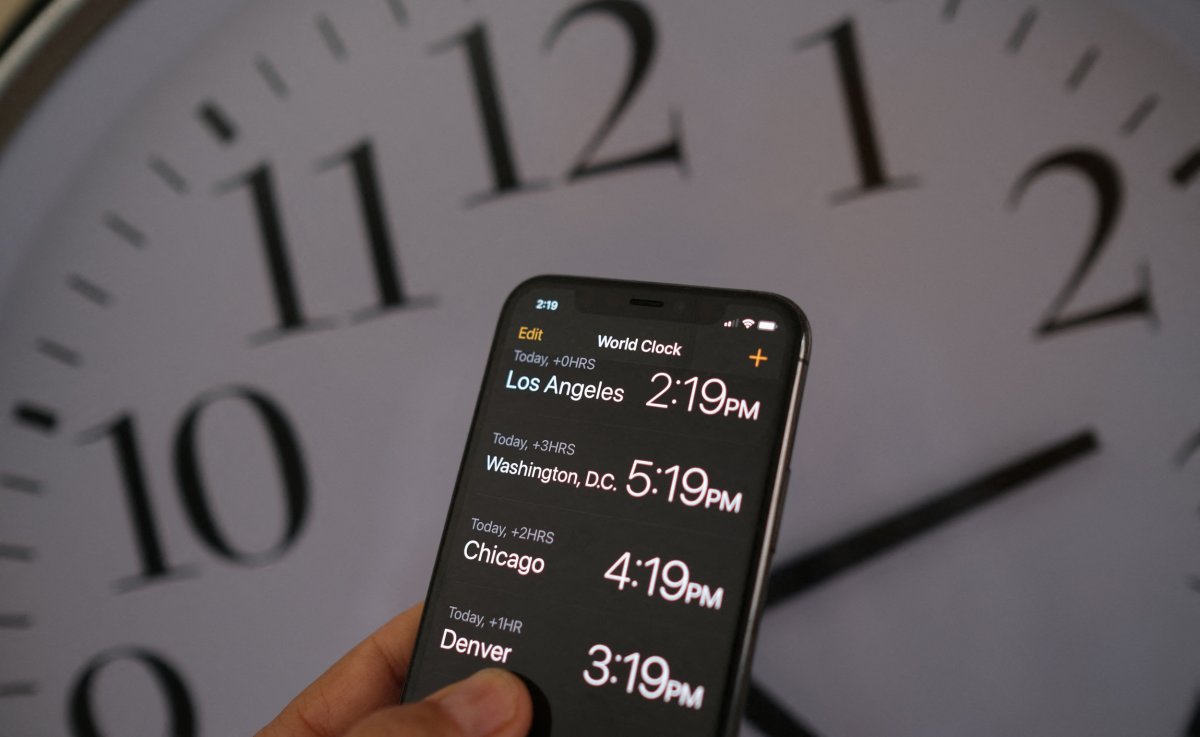Michigan lawmakers are considering a new bill to eliminate Daylight Saving Time (DST) in the state, potentially allowing residents to stop changing their clocks twice a year.
The proposed legislation, a 2023 Senate Bill that is in committee, seeks to keep Michigan on a single standard time year-round, potentially affecting the state’s over 10 million residents.
Newsweek reached out to Michigan government officials via email on Wednesday for comment.
Most Americans will turn their clocks back one hour on Sunday at 2 a.m. for daylight saving time. If the bill is approved, Michigan will join Arizona and Hawaii, the only two other U.S. states that don’t observe DST, and the Navajo Nation, which also covers parts of New Mexico and Utah.
Arizona and Hawaii opted out of adopting DST in the 1960s, shortly after the Uniformed Time Act of 1966 was passed. The act allows states to opt out of observing daylight saving time and stay on standard time, but it doesn’t allow states to stay on daylight saving time permanently.
While federal law allows states to opt out of DST and remain on standard time, it does not permit states to adopt permanent DST without Congressional approval. As such, Michigan could stay on Eastern Standard Time (EST) year-round if the bill succeeds,
Michigan has twice attempted to pass legislation that would keep the state on daylight saving time year-round pending the repeal of the daylight saving time rules at the federal level.

Chris DELMAS / AFP/Getty Images
A bill that would move Michigan to year-round daylight saving time passed the House in 2021, with the proviso that neighboring states Ohio, Wisconsin, Indiana, Illinois and Pennsylvania also made the switch. However, the bill wasn’t passed by the Senate.
As it stands, Michigan’s neighboring states continue to observe DST, and aligning with a different time zone could complicate scheduling and transportation.
Several U.S. states have opposed DST or passed legislation to either end it or keep it year-round.
The Sunshine Protection Act, which aims to make DST permanent nationwide, has been reintroduced in Congress several times. If passed, states could observe DST year-round without needing further federal approval.
Advocates of the bill argue that the biannual clock changes disrupt sleep patterns and increase health risks. Proponents also believe that staying on one time will improve productivity and reduce energy consumption.
As reported previously by Newsweek, Experts have warned that DST has some “unhealthy” behavioral consequences. The change in our daily light exposure can throw our internal body clocks out of whack, making it harder to sleep and, over time, threatening our mental and physical well-being. This desynchronization of our body clocks may also affect our behavior, especially when it comes to healthy habits.
.
